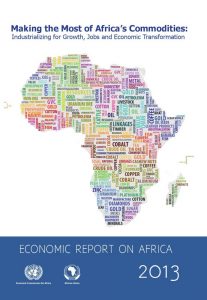African self-reliance has often been the theme of academic and international conferences. Normally, the discussions center on raising awareness of the plight of Africans and calling global powers to flex their collective muscle to aid the continent.
Heightened Self-reliance
Forbes, one of the United State’s opinion leading financial magazines published an outstanding opinion piece by Harvard professor Calestous Juma entitled Africa And Obama: What The Continent Should Do In His Second Term. Juma, a Kenyan, stated, “President Obama’s seeming distance from the continent has helped Africa to reflect on its place in the world in a more mature and self-reliant way.” The article is extremely thought provoking and worth a read by anyone interested in the future of Africa.
Obama’s father was Kenyan – a member of the Luo ethnic group, the second largest in the country. When I was in rural Kenya just a couple of weeks ago, members of a neighboring ethnic group were extremely proud that a “Kenyan was President of the United States.” They were not as happy about the gloating of the Luo people who were heard saying that they are the “wazungu wapili” (Swahili for “second white people”) in the world now that one of their own was President of the most powerful nation in the world. Being white is not a honorable goal in life, but gaining self confidence ranks very high on the list factors that contribute to development and African self-reliance.
Aid: Little Help to Entrepreneurs
Foreign aid, in the form of government to government grants and non-government agency gifts, has often left the people of Africa with their hands out wanting more. I can’t blame them. I still put my glass under the tap that continues to give me water each day. Juma credit Obama with making a strategic choice to put Africa on the back burner in order to help them become more independent, rather, “Obama faced major internal domestic challenges and opposition. It was clear from these events that Africa had to define a new path that did not require classical foreign assistance. In a way, this period helped Africa quickly learn to chart its own future.”
“Yes We Can”
Juma concluded his article with, “President Obama’s most important contribution to Africa’s international stature may just have been his ability to signal to the continent the urgency of working to stand on its own feet. It takes a good relative to say what others will not.”






